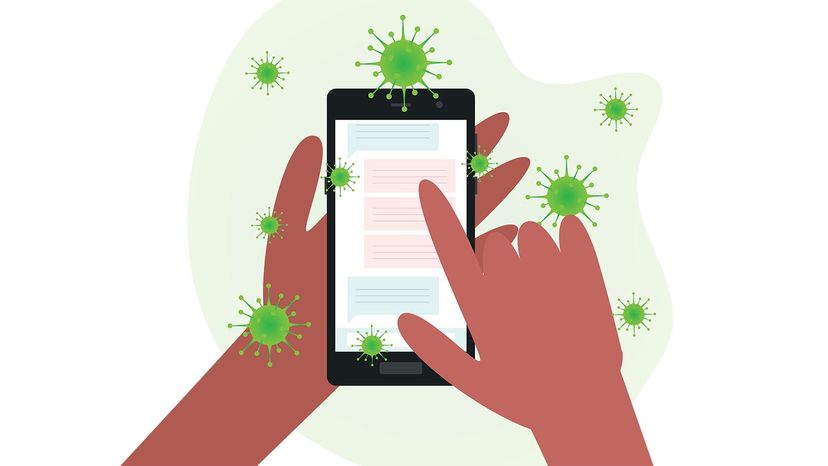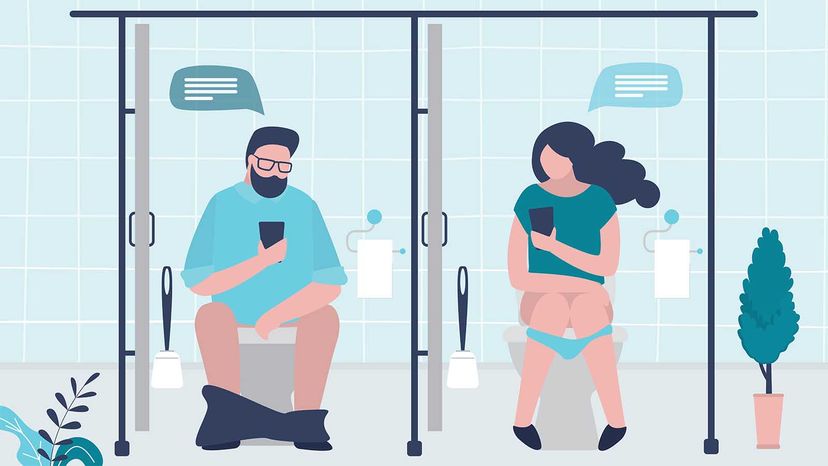So it's clear that you need to start cleaning your phone regularly. The Federal Communications Commission (FCC) actually recommends daily sanitation of your phone and other devices because these viruses can survive for several days on hard plastic surfaces.
Use alcohol-based wipes or sprays. They need to contain at least 70 percent alcohol to disinfect phone casings and touch screens, and do it every day if possible.
Do not spray sanitizers directly onto the phone and keep liquids away from connection points or other phone openings. Absolutely avoid using bleach or abrasive cleaners. And wash your hands thoroughly after you've finished cleaning.
Thinking about how you handle your phone will also help to avoid it becoming colonized with germs. When not at home, keep your phone in your pocket or bag, and use a disposable paper list of to-do items, rather than constantly consulting your phone. Touch your phone with clean hands washed with soap and water or disinfected with alcohol-based hand sanitizer.
There are other things you can do to avoid your phone becoming a source of viruses. Do not share your phone with others if you have any infection, or have not first sanitized it. If children are allowed to play with your phone, sanitize it as soon as possible afterward.
And get in the habit of putting your phone away when it's not in use, then sanitizing or washing your hands. You might also want to occasionally sanitize your phone charger when you are cleaning your phone.
This article is republished from The Conversation under a Creative Commons license. You can find the original article here.
Primrose Freestone, Ph.D., is an associate professor in clinical microbiology in the department of respiratory sciences at the University of Leicester. She is a co-founder and internationally recognized leader in the field of microbial endocrinology, a research discipline that represents the intersection of microbiology, endocrinology and neurophysiology.


